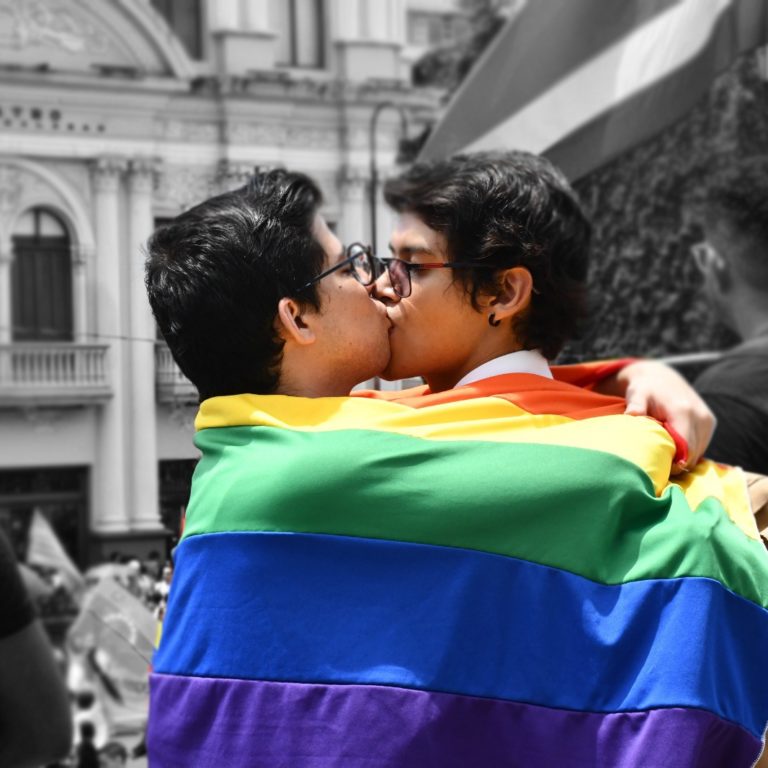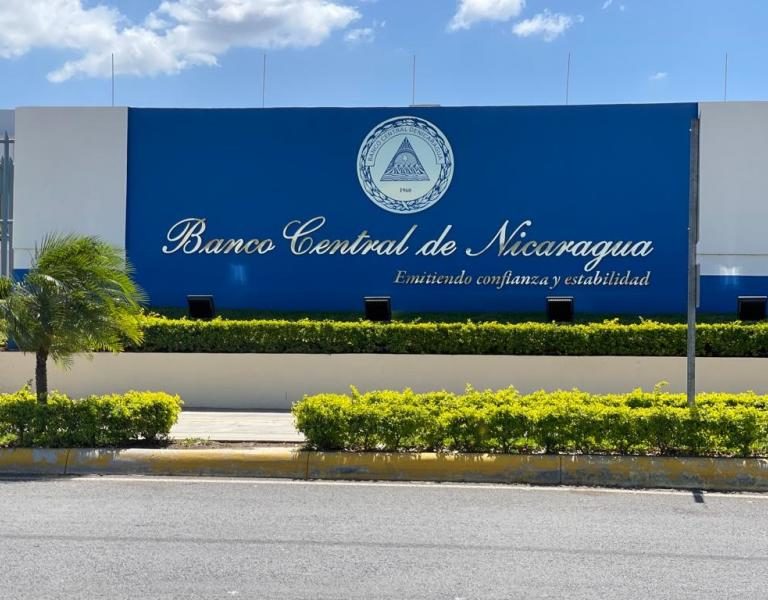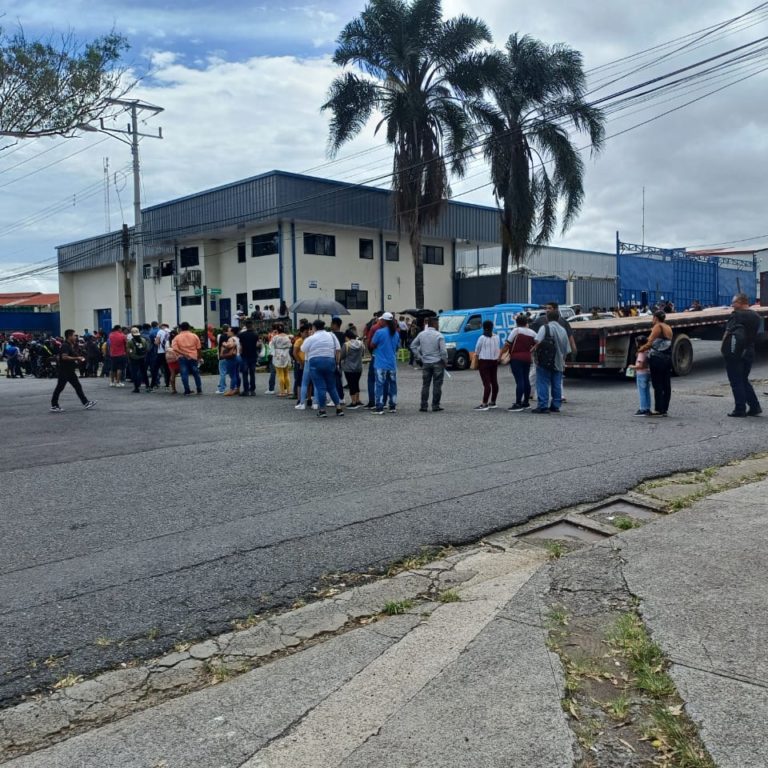"That cannot be called a trial, it is a farce," says former prosecutor Boanerges Fornos
n
The trial against Miguel Mendoza was described as a process riddled with illegalities, according to the legal assessments of the lawyer and former prosecutor Boanerges Fornos. The statements were offered by the specialist after learning of the guilty verdict in the trial held last Tuesday, February 8, at the new Chipote facilities.
n

Fornos warns that it cannot be called a trial and adds that “that was not a trial, definitely not. You can call trial processes that respect constitutional guarantees, in this case, it was not a trial, it was a farce, a drill in the best of cases.
The specialist in Criminal Law explains that the arrest, trial, and conviction of the journalist represents a violation of the fundamental and constitutional rights of the person because the principles of presumption of innocence, equality, and due process have not been respected. “There is a violation of the constitutional principle of presumption of innocence because a person is innocent until proven otherwise and it is not that it is proven in any way, it is in a fair process, with guarantees, with true evidence and that the act constitutes a crime. ”, he indicated.
Indice
ToggleThis is a political trial
n
For the jurist, the crimes indicated in this case are not consistent with the conduct of the journalist, since the only thing that Miguel Mendoza did on his social networks was to express his opinion on matters related to politics in general and that is not conceived as a criminal offense. Rather, there are constitutional guarantees that protect the right of opinion.
n
Article 30 of the Political Constitution of the Republic of Nicaragua, still in force, establishes that “Nicaraguans have the right to freely express their thoughts in public or in private, individually or collectively, orally, in writing or by any other means.” This rule guarantees that the opinions published by Miguel Mendoza are not considered a crime.
Tests prove nothing
n
Boanerges Fornos comments that a sentence must be based on the assessment of the evidence presented, but in the case of Miguel Mendoza, there is no relationship between the facts indicated with the crime charged, because everything revolves around what was published on the journalist’s social networks. “For example, it was possible to determine that the vast majority of the evidence was from the National Police, that is, they were police officers who give inputs to prosecutors and judges to sanction,” adds the jurist.
Family rejects guilty sentence and demands freedom
n
From early on, the journalist’s family was expecting what might happen during the so-called trial, although they were aware that a guilty verdict was imminent if one considers what had happened in the other cases. They patiently waited for the assembly that was taking place inside the new Chipote to conclude in order to publicly pronounce themselves, reject the judicial decision, and demand Miguel’s freedom.
n
Cristian Matute, a nephew of the political prisoner, took the floor and said that “Miguel Ángel Mendoza Urbina is a journalist by profession, who has dedicated important moments of his life to sports reporting, but we would dare to say that his solidarity and love fairness is what truly excites him”.
n
Since Miguel was arrested, the family has insisted on his innocence on social networks and has vehemently demanded his freedom. When the trial schedule became known, the relatives asked for chains of prayer for his freedom.
Reaffirms being an independent journalist
n
Despite the conditions of deteriorated health, Miguel Mendoza’s conviction has not been broken, according to family members who have had the opportunity to see him in the few visits allowed. That spirit was evident during the trial, in which he reaffirmed with dignity that he was an independent journalist and that he was in favor of Nicaraguans.







